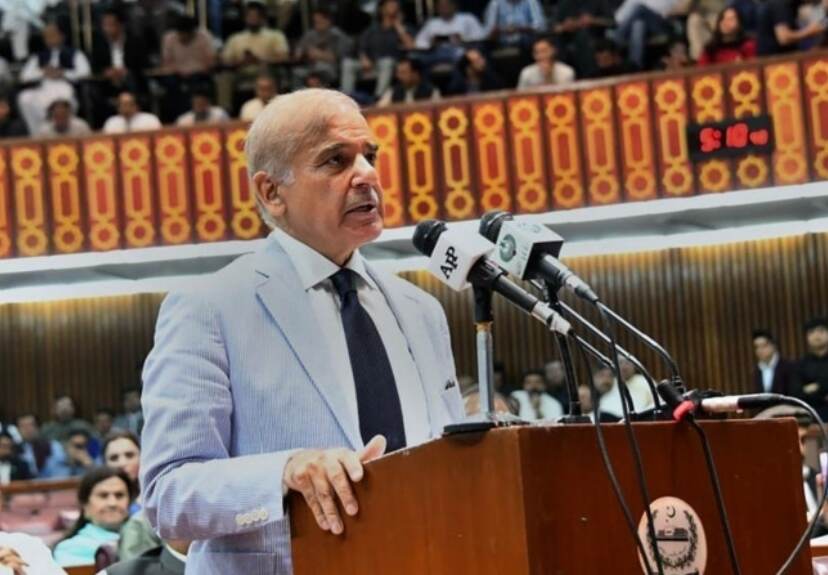President Arif Ali Dissolves National Assembly, Paving the Way for Transitional Leadership and Elections in Pakistan
President Dr Arif Ali surprises by dissolving National Assembly early, giving Election Commission more time to prepare for upcoming polls. Prime Minister Shehbaz Sharif to decide on interim leader.
In a surprising move, President Dr Arif Ali dissolved the National Assembly before the end of its legal term on Wednesday, following the advice of Prime Minister Shehbaz Sharif. The main objective behind this decision is to provide the Election Commission of Pakistan (ECP) with extra time to organize the upcoming polls.
To expedite the process, Prime Minister Shehbaz Sharif will start consultations on Thursday and meet with Leader of the Opposition Raja Riaz to finalize the name of an interim prime minister who will oversee the elections post-dissolution of the National Assembly. This crucial meeting will play a significant role in determining the transitional leadership in Pakistan.
Sources have revealed that Prime Minister Shehbaz and Leader of the Opposition Riaz will engage in discussions regarding the selection of the interim leader. Both leaders have a three-day deadline to reach a mutual agreement on a candidate. However, in the event of failing to reach consensus, the Speaker of the defunct assembly will appoint an eight-member panel, consisting of four lawmakers from both the treasury and opposition benches, to find a resolution.
The process for nominating the interim prime minister requires both the prime minister and leader of the opposition to propose a maximum of two names for the top post. This ensures a fair and balanced approach towards selecting a candidate who can effectively oversee the election process. With the dissolution of the National Assembly and the subsequent steps being taken to establish an interim government, Pakistan is moving closer to the highly anticipated elections.
This decision will not only allow the Election Commission to properly organize the polls but will also provide an opportunity for dialogue and consensus-building between the ruling party and opposition to choose an exemplary leader to navigate the country through this transitional period.




